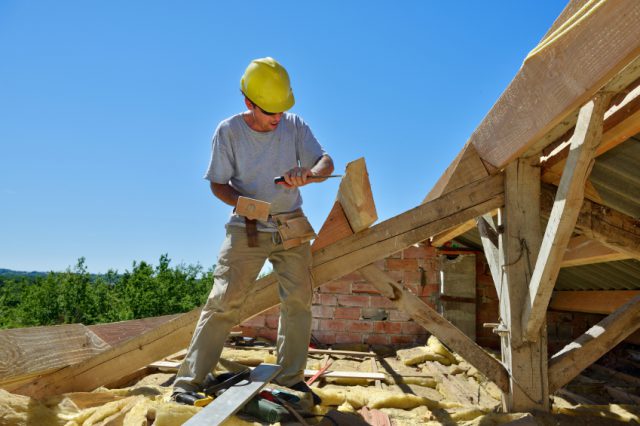First Wave of Starter Homes to be Built This Year, Says Housing Minister
The first wave of the Government’s Starter Homes for first time buyers will be built this year, reports the Housing Minister, Gavin Barwell.
However, the pledge has run into immediate controversy over the prices of the Starter Homes and lack of rental properties on the sites.
Barwell promised that the first wave of the discounted homes on brownfield sites will be built this year in 30 local authority areas in England.
Labour and homelessness charity Shelter have insisted that it’s nonsense to describe the homes as “affordable”, as some will cost up to £450,000 each.
Furthermore, Barwell was unable to confirm how many Starter Homes will be built this year, making the original target of 200,000 by 2020 impossible, according to Labour.
Ministers had suggested that, under Theresa May’s leadership, the Government would refocus the Starter Homes scheme to include some properties to rent, as well as to buy.
The properties to be built this year will be made available exclusively to first time buyers aged between 23-40, at a discount of at least 20% below market value. A cap of £250,000 outside London and £450,000 within the capital will be put in place.
Yet, perhaps more controversially, the Starter Homes will count towards the Government’s wider target to build 400,000 new affordable homes.

First Wave of Starter Homes to be Built This Year, Says Housing Minister
Barwell insists: “This Government is committed to building Starter Homes to help young first time buyers get on the housing ladder.
“This first wave of partnerships shows the strong local interest to build thousands of Starter Homes on hundreds of brownfield sites in the coming years. One in three councils has expressed an interest to work with us so far.”
The first 30 local authorities have been selected because they have the ability to build the homes quickly, under a £1.2 billion Starter Homes Land Fund.
However, the housing spokesperson for Labour, John Healey, believes: “These so-called Starter Homes are a symbol of the Conservative record on housing.
“Ministers launched them in 2014, but will only start to build the first in 2017, promised they’d be affordable for young people when they’ll cost up to £450,000, and pledged to build 200,000 by 2020, but no one now believes that’s possible.”
And Roger Harding, the Director of Communications at Shelter, adds: “Efforts to build more homes are welcome, but these Starter Homes are only likely to benefit people who are better off and already close to buying.
“The Government recently signalled that it wanted affordable to start to actually mean affordable when it comes to building homes. We would urge them to keep to this, rather than continuing with Starter Homes, which have been shown not to work.”
The Managing Director of the National Association of Estate Agents, Mark Hayward, has mixed feelings: “Today’s announcement may feel like a welcome start to the New Year, but, as always, we need to see these plans put into swift action. The dream of homeownership is too far out of reach for thousands of aspiring first time buyers, and the building of new homes on disused brownfield sites, as well as a 20% discount for buyers aged 23-40, will go some way to bridging this gap.
“News that the Government will deliver 14 new garden towns and villages outside of existing settlements will also relieve some of the pressure on supply and demand, which should in turn act as a catalyst to help first time buyers fulfil their dreams of homeownership. However, we must not throw caution to the wind.”
He explains: “The Government has made promise after promise, and pledge after pledge to help first time buyers get onto the housing ladder, but until we see these houses built, we won’t hold our breath.”
The Government claims that the new developments will support wider growth and regeneration, including in some town centres.
The first areas will begin construction later this year, along with sites supported by the Homes and Communities Agency.
The Local Government Association has called for councils to be given discretion on building Starter Homes, to ensure enough properties to both buy and rent are available in each development.









